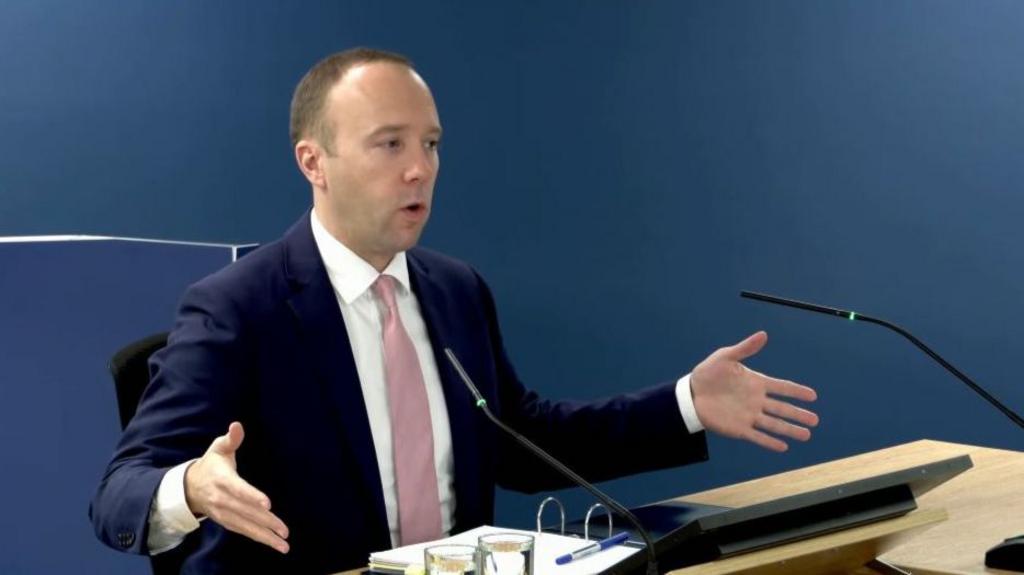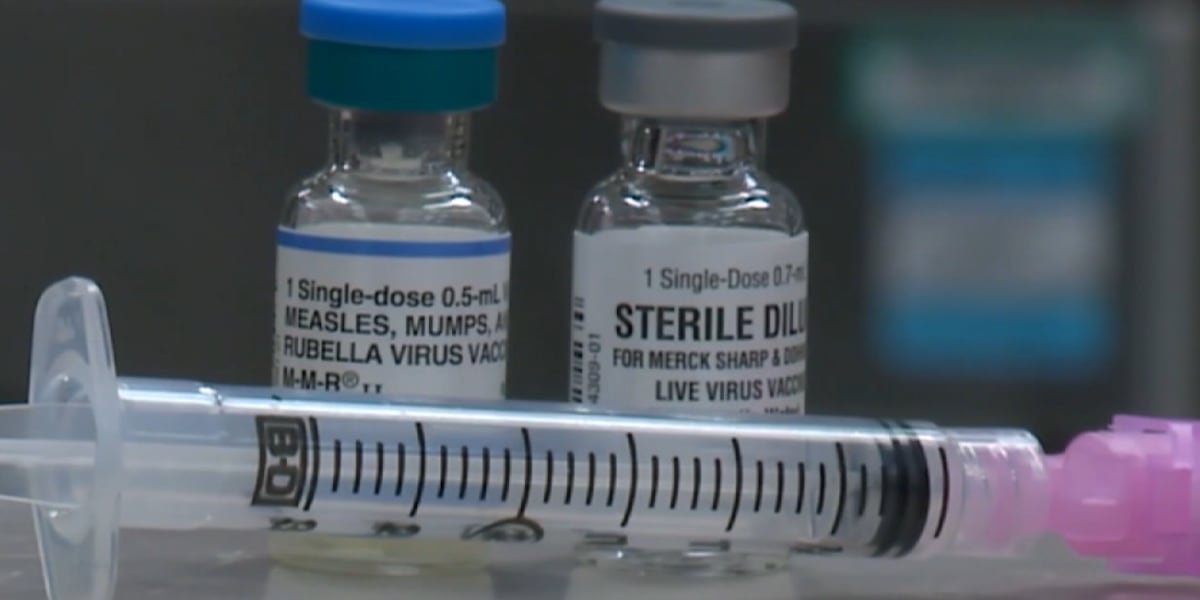Iowa's Reproductive Healthcare at Risk: 'Big Beautiful Bill' Cuts Spark Alarm

Iowa's Reproductive Healthcare at Risk: 'Big Beautiful Bill' Cuts Spark Alarm
Planned Parenthood is sounding the alarm over a controversial provision within Iowa's 'Big Beautiful Bill' that threatens to significantly reduce federal funding for reproductive health and family planning providers across the state. The proposed cuts, slated to last for a year, have ignited concerns about access to vital healthcare services for countless Iowans, particularly those in underserved communities.
What's in the 'Big Beautiful Bill'?
The 'Big Beautiful Bill,' officially known as House File 600, is a sprawling piece of legislation encompassing a wide range of policy initiatives. Buried within its pages is a clause that would redirect federal funding away from certain reproductive health and family planning organizations. While the bill's proponents argue these cuts are necessary for budgetary reasons and to promote responsible spending, critics contend they will have devastating consequences for individuals and families relying on these services.
Planned Parenthood's Response
Planned Parenthood of Iowa and surrounding regions has been vocal in its opposition to the bill's provision, highlighting the critical role these organizations play in providing essential healthcare. They emphasize that these services include preventative care, cancer screenings, family planning counseling, and reproductive health education. Reducing funding will inevitably lead to reduced access, longer wait times, and potentially the closure of clinics, disproportionately impacting low-income individuals and those living in rural areas.
“This isn’t about cutting wasteful spending; it’s about restricting access to vital healthcare for Iowans who need it most,” stated a Planned Parenthood representative. “These cuts will have a ripple effect, impacting not only individuals but also the overall health and well-being of our communities.”
The Impact on Iowans
The potential consequences of these funding cuts are far-reaching. Reduced access to preventative care can lead to delayed diagnoses and treatment, resulting in poorer health outcomes and increased healthcare costs in the long run. Family planning services empower individuals to make informed decisions about their reproductive health, contributing to lower rates of unintended pregnancies and improved maternal health. The bill’s impact extends beyond individual health, potentially affecting the state's workforce and economy.
A Wider Debate
The 'Big Beautiful Bill' and its controversial provision have sparked a broader debate about reproductive rights, government funding of healthcare services, and the role of Planned Parenthood. Supporters of the bill argue that private organizations should take on more responsibility for funding these services, while opponents maintain that government has a crucial role to play in ensuring equitable access to healthcare for all citizens.
What's Next?
The bill is currently undergoing legislative review, and Planned Parenthood and other advocacy groups are actively lobbying lawmakers to reconsider the provision. The outcome remains uncertain, but the stakes are high for Iowa's reproductive health landscape. The debate underscores the ongoing political battle surrounding reproductive rights and the importance of informed public discourse.
Iowans are encouraged to contact their state representatives to voice their concerns and advocate for policies that support access to comprehensive reproductive healthcare.





